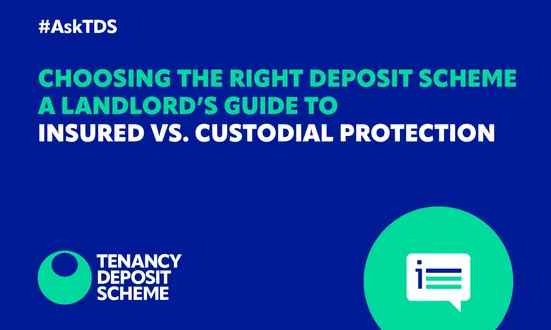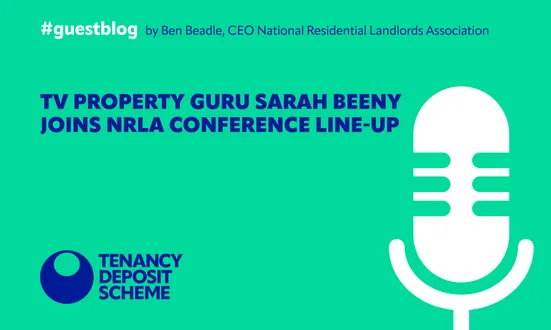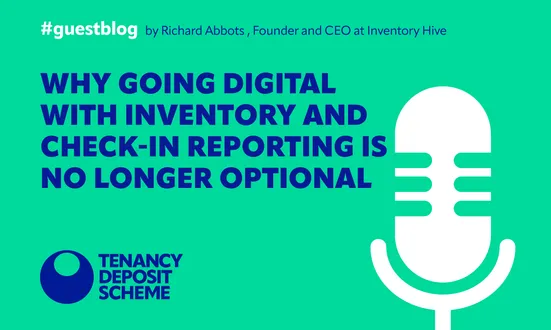Becoming a landlord isn’t always something you plan. Maybe you’ve inherited a home, moved in with a partner, or relocated for work and suddenly, you’re responsible for letting out a property.
If this sounds familiar, you’re not alone. Many accidental landlords find themselves navigating new responsibilities without much preparation. But don’t worry! With a bit of guidance and the right tools, it’s entirely possible to manage your property confidently and avoid expensive mistakes.
In this blog, we’ll walk you through seven of the most common pitfalls for accidental landlords – and how to avoid them.
1. Not using a deposit protection scheme
This is one of the most important legal requirements for landlords. If you’re renting out your property on an Assured Shorthold Tenancy (AST), you’re legally required to protect the tenant’s deposit in a government-approved deposit protection scheme within 30 days (England and Wales) of receiving it.
Not doing so could lead to fines of up to three times the deposit amount, and you could lose your ability to regain possession of the property.
2. Not providing the prescribed information
It’s not just about protecting the deposit; you also need to give tenants the Prescribed Information that tells them where their deposit is held and how it can be returned. This also needs to be done within 30 days. Missing this step can cause major issues if you need to end the tenancy later. With TDS the Prescribed Information is prepopulated, making it easy for your to send on to your tenant. Download our Prescribed Information guide here
3. Using a verbal or outdated Tenancy Agreement
Verbal agreements or DIY contracts can create confusion about rent, responsibilities, and notice periods. For peace of mind on both sides, always use a professionally drafted tenancy agreement. If you’re unsure where to start, Gov.uk offers helpful information on tenancy agreements.
4. Missing out on safety requirements
All landlords -accidental or not- must meet certain safety standards. That includes:
- A valid Gas Safety Certificate
- An Electrical Installation Condition Report (EICR)
- Smoke alarms and carbon monoxide detectors
Failing to meet these standards can invalidate your right to evict and, more importantly, endanger your tenants. Check what’s legally required of landlords here.
5. Skipping the inventory
A proper inventory protects both you and your tenant. Without one, it’s hard to prove damage or loss at the end of a tenancy, which can lead to disputes. Taking time to document everything at check-in (furniture, condition, meter readings) means less stress later especially if your deposit protection scheme offers free dispute resolution, like TDS does. Check out our guide to Inventories, check-in and check-outs here.
6. Not factoring in tax
Rental income isn’t ‘extra’ money, it’s taxable. Many accidental landlords don’t realise they need to register with HMRC and declare their earnings. There may also be Capital Gains Tax implications if you sell the property later. The HMRC’s guide for landlords is a helpful starting point
7. Thinking it’s just temporary
Even if you didn’t set out to become a landlord, it’s still a big responsibility. Things like repair response times, record keeping, and staying up to date with legislation really matter, both legally and in terms of keeping your tenants happy. Visit the TDS Help Centre for landlord tips and tools.
Being an accidental landlord doesn’t mean doing it all alone. With the right support, you can manage your property professionally, protect your tenants, and avoid unnecessary costs.
Start by choosing a trusted deposit protection scheme like TDS, we’re here to help every step of the way!
Industry leading rates for agents and landlords
Joining TDS is quick and easy, protect today or speak to our switching experts to find out how TDS can support you! Affiliated members and NRLA members receive discounted rates on their deposit protection.
Other news stories


